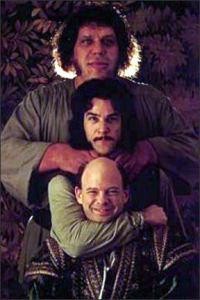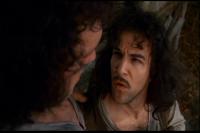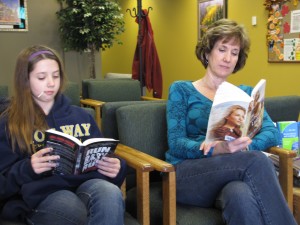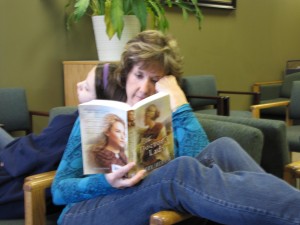Exciting things have been happening at WordServe Literary!
On the final post of each month you’ll find a list of Water Cooler contributors’ books releasing in the upcoming month along with a recap of WordServe client news from the current month.
New Releases
*************************************************************************************************
 Island of the Innocent by Lynn Morris, number 7 in the repackaged “Cheney Duvall, M.D.” series.
Island of the Innocent by Lynn Morris, number 7 in the repackaged “Cheney Duvall, M.D.” series.
*************************************************************************************************
 Driven by the Wind by Lynn Morris, number 8 and the final book in the series.
Driven by the Wind by Lynn Morris, number 8 and the final book in the series.
*************************************************************************************************
 David and Bathsheba by Roberta Kells Dorr (Moody). This is the first in a series of biblical novels that are being repackaged by Moody for a new generation of readers. Roberta died several years ago, but her novels were so well written and well-researched, they were deserving of a new life in e-books and the trade.
David and Bathsheba by Roberta Kells Dorr (Moody). This is the first in a series of biblical novels that are being repackaged by Moody for a new generation of readers. Roberta died several years ago, but her novels were so well written and well-researched, they were deserving of a new life in e-books and the trade.
*************************************************************************************************
 Working Women of the Bible by Susan DiMickele (Leafwood)
Working Women of the Bible by Susan DiMickele (Leafwood)
*************************************************************************************************
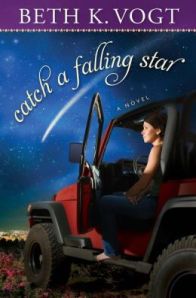 Catch a Falling Star by Beth Vogt (Howard)
Catch a Falling Star by Beth Vogt (Howard)
*************************************************************************************************
New Contracts
Joe Wheeler has signed 3 new books with Pacific Press to continue the “Christmas in My Heart” series. These books will be numbers 23, 24, and 25…the longest running series of Christmas stories ever published.
Cheri Fuller has signed with Bethany House Publishers to write What a Daughter Needs in a Mom. This will compliment her recently published book, What a Son Needs in a Mom.
Mike Yorkey signed with Destiny Image to write the next health and wellness book for Jordan Rubin.
Jonathan McKee has signed with Barbour to write a book for teen boys, The Wise Guy’s Guide to God, Girls and Google.
What We’re Celebrating!!
Jan Drexler’s The Prodigal Son Returns is #37 of 100 romances through RWA. This is Jan’s second week on the list; her book debuted at #95, so it is definitely moving on up!
Jillian Kent has her second novel in The Ravensmoore Chronicles, Chameleon, getting some noteworthy buzz. It finaled in the Fiction-Romance Category in the Inspirational Romantic Mystery/Suspense category. And it’s also finaled in RWA’s Daphne du Maurier Contest. Congratulations, Jillian!

